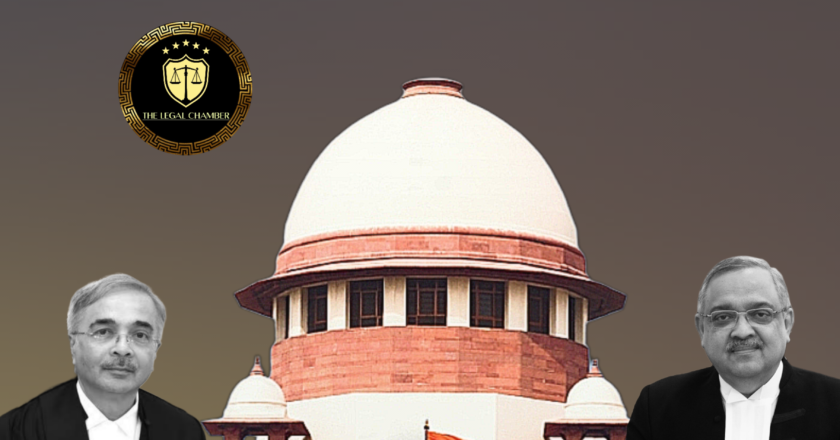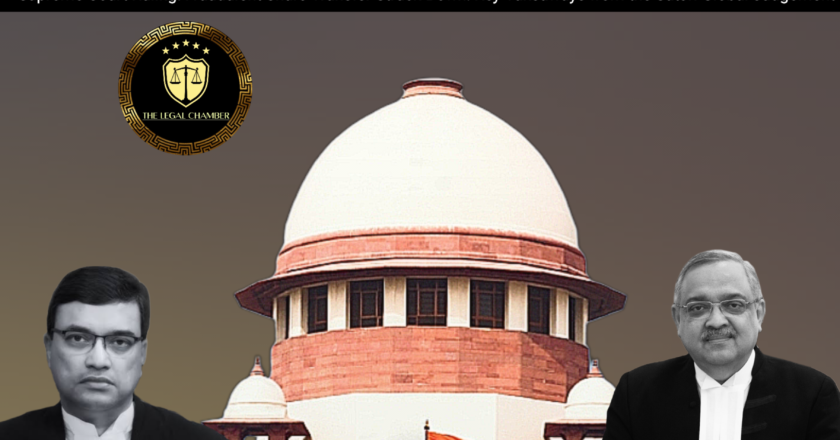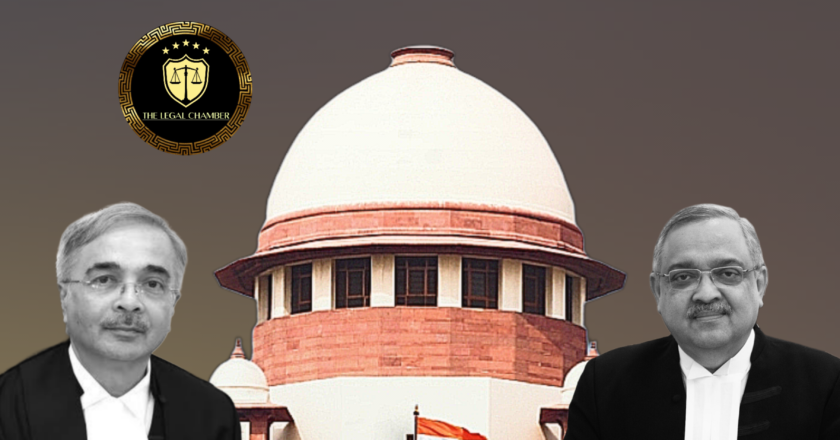Proximity Not Proof: Supreme Court on Accident Injury and Death Five Months Later
The Supreme Court dismissed the appeal, upholding the High Court's finding that the death was not a direct consequence of the motor accident injuries. The legal requirement of establishing a direct causal nexus between the accident and the death was not satisfied, as the medical evidence indicated the fatality was a possible after-effect of the surgery and the victim's pre-existing conditions, not the injuries themselves.
Facts Of The Case:
On April 29, 2006, an Excise Guard died following injuries sustained in a motorcycle accident. The accident occurred when the motorcycle he was riding collided with another motorcycle. He was initially hospitalized from April 29 to May 3, 2006, for injuries including a compound fracture of multiple metatarsals in his right foot and a fracture in his l...


